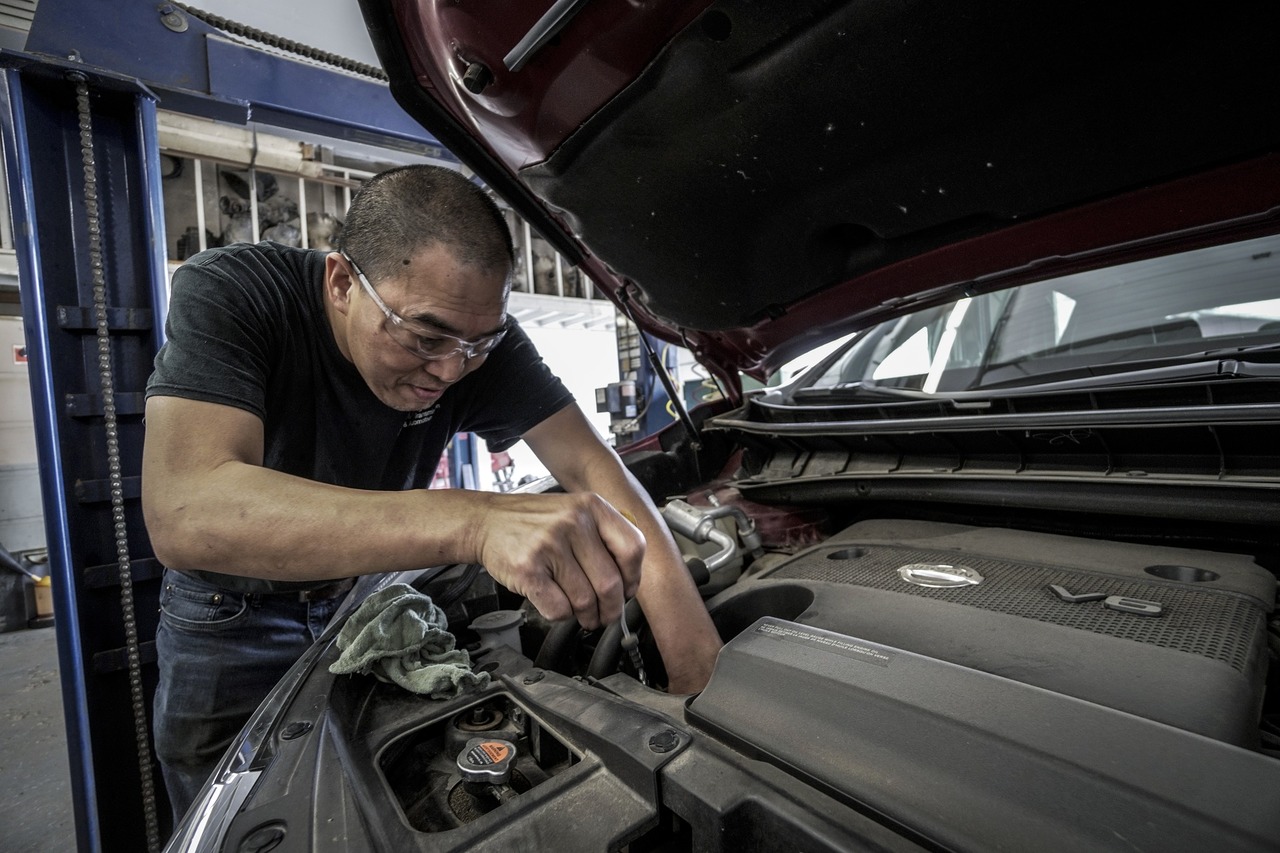To repair your car yourself, you have two options. There are solidarity garages, also known as community garages. There are also self-service garages. Let’s look at the features of each to help you choose the option that suits you best.
What is a self-service garage?
It’s a self-service garage. You bring your car in and rent repair equipment to fix your vehicle yourself. You rent a space, and you can even rent a lift for an oil change, for example.
You can buy spare parts on-site or bring them after purchasing from official websites like PiècesAutoPro.be. You can also buy maintenance products there, like oil. You are the mechanic, but you benefit from the advice of professionals available on-site. Initially, you may rely more on the pros’ help, but gradually you learn and become more independent.
Once you have finished your repairs or service, a professional checks that everything is in place before allowing you to leave.
There are several self-service garages in France. The cost of renting a space is around 13 euros per hour, with tools available. If you bring your oil for the oil change, the total cost will be 50% cheaper than at a traditional garage. Some garages offer both regular services as well as self-service options. The self-service segment can represent up to 40% of a garage’s activity, which shows how popular it has become. Satisfied customers return to the garage, ensuring loyalty and regular income for the business. Some mechanics offer mechanical courses alongside self-service spaces for rent. Truly passionate individuals can learn how to repair an electrical harness themselves.
What is a solidarity garage?
A solidarity garage, also referred to as a community or participatory garage, allows you to repair your vehicle yourself or have it repaired by someone else at a more affordable rate than traditional garages.
The idea originated from Secours Catholique, which was frequently approached for microloans to purchase vehicles or make significant repairs.
However, the clientele of these garages often cannot afford to pay for a mechanic to repair their car. To offset the lower prices offered, these garages seek assistance from local authorities or the state. They may also have a system for selling second-hand cars.
Community garages guarantee the fairest prices for labor and spare parts. Some garages supply and install all spare parts themselves. They do not carry out technical inspections. They do not offer breakdown services or towing on public roads and may refuse repairs they consider inadmissible. In such cases, they direct people towards partner garages capable of performing those services.
A service aimed at job seekers
These community garages allow for the maintenance and repair of vehicles within the framework of a job search. They help facilitate the integration of people seeking employment. By enabling the repair of certain vehicles for a reduced sum of money, they encourage individuals in need to travel more. This acts as a form of mobility support. Note that individuals wishing to use these services must provide proof of their social and/or financial situation.
People who have just received a job offer and need to move quickly can also apply for these services.
Finally, some individuals may donate their unused cars. These vehicles will be repaired, sold at a very low price, and used by people in social integration programs.
Often, those benefiting from this service are directed by referral organizations: this could be their social advisor, employer, or prospective employer.
Why use these garages?
The primary criterion is financial; you can achieve significant savings if car maintenance is not within your budget. You’ll benefit from step-by-step learning, as professionals or highly qualified individuals can guide you. It’s an opportunity to learn mechanics, at least the basics. This is a significant aspect because you become autonomous and can learn to change a tire, perform an oil change, replace air filters, etc.
What operations or repairs can you do yourself?
There is legislation in this area as some repairs can only be carried out by professional mechanics. However, if you’re skilled at repairs and mechanics, you can still hope to perform some of the following operations:
• regular vehicle maintenance: oil changes, windshield wipers, air filters, and oil filters
• changing brake pads and/or discs
• replacing suspensions
• changing or repairing the exhaust
• changing the starter or alternator
• changing the clutch
• changing drive shafts


